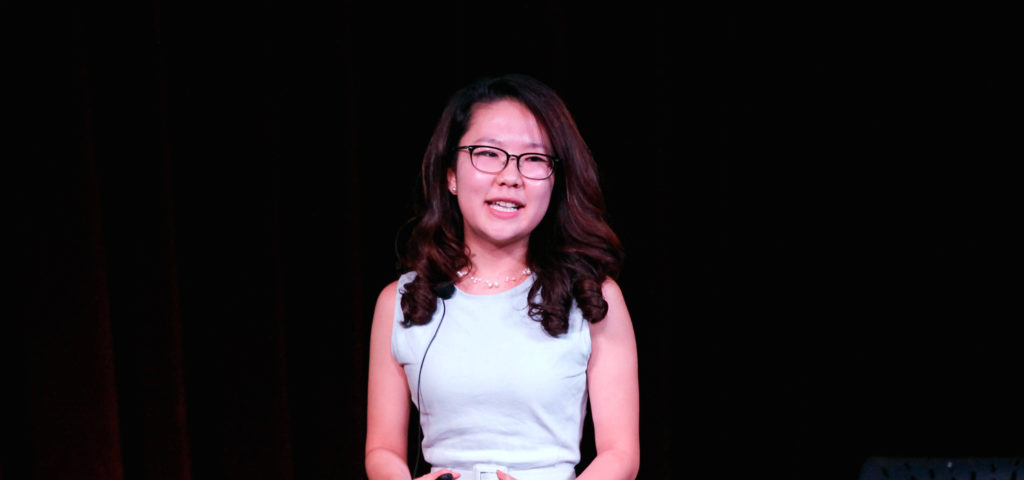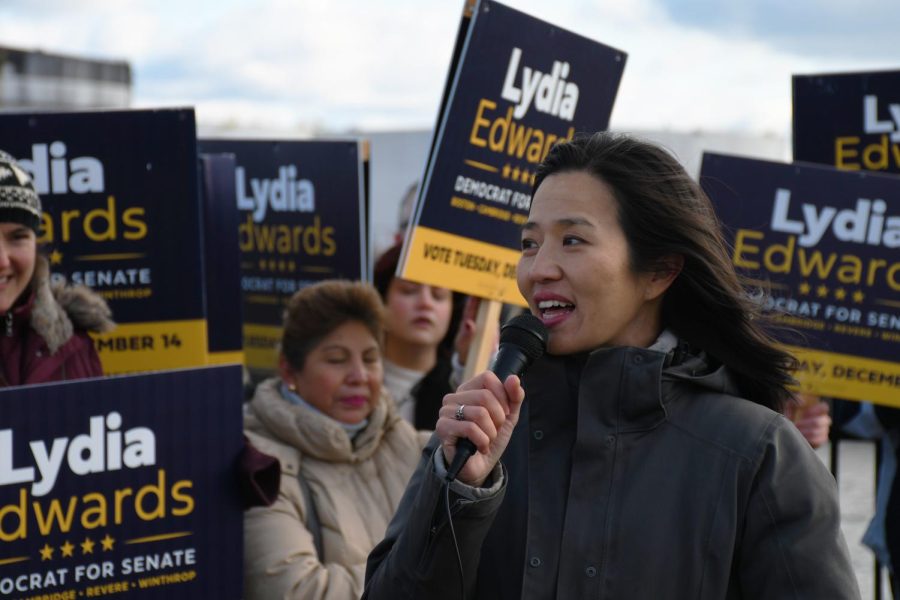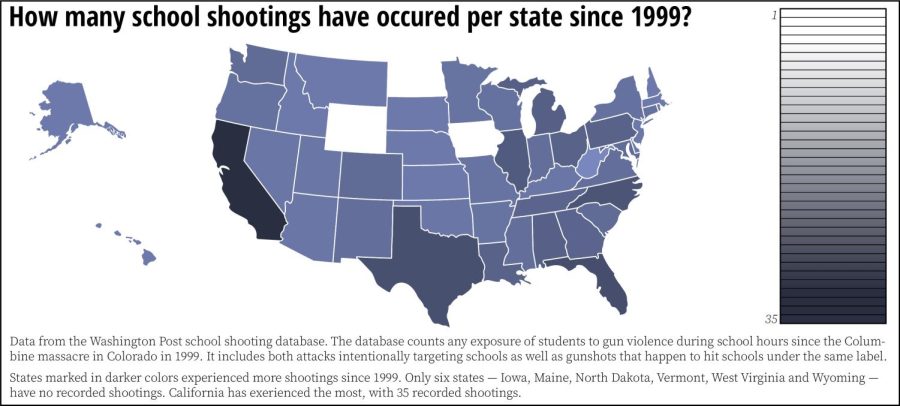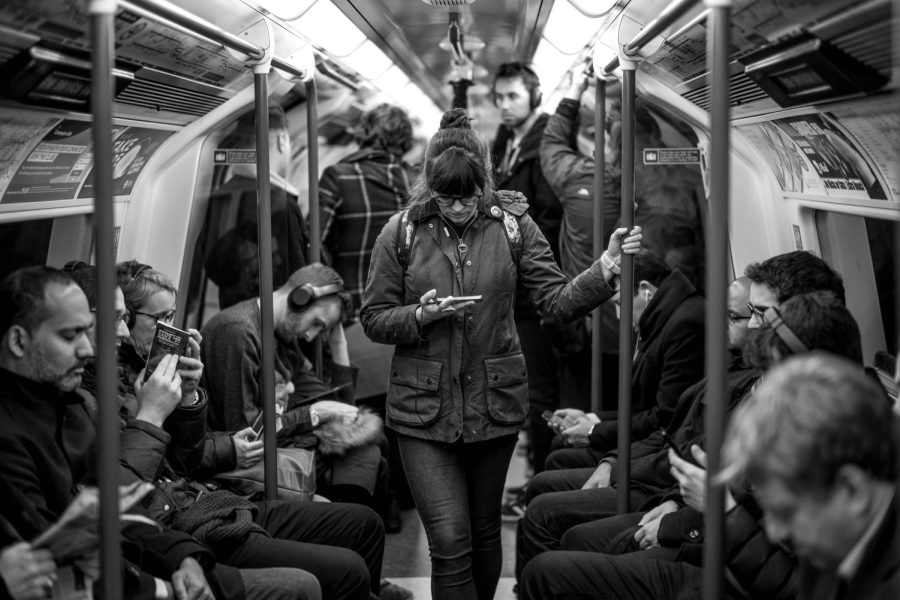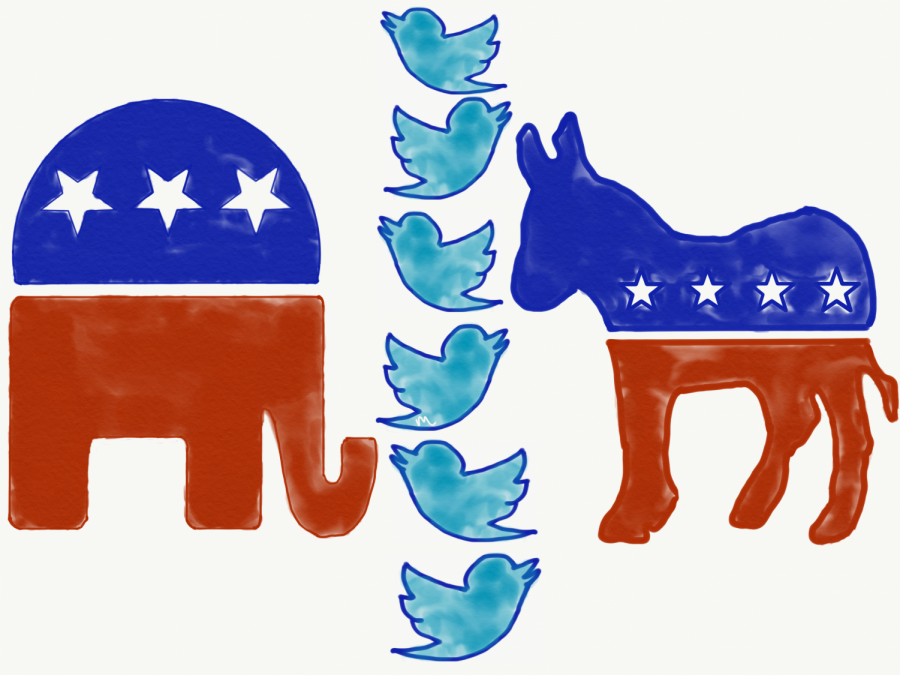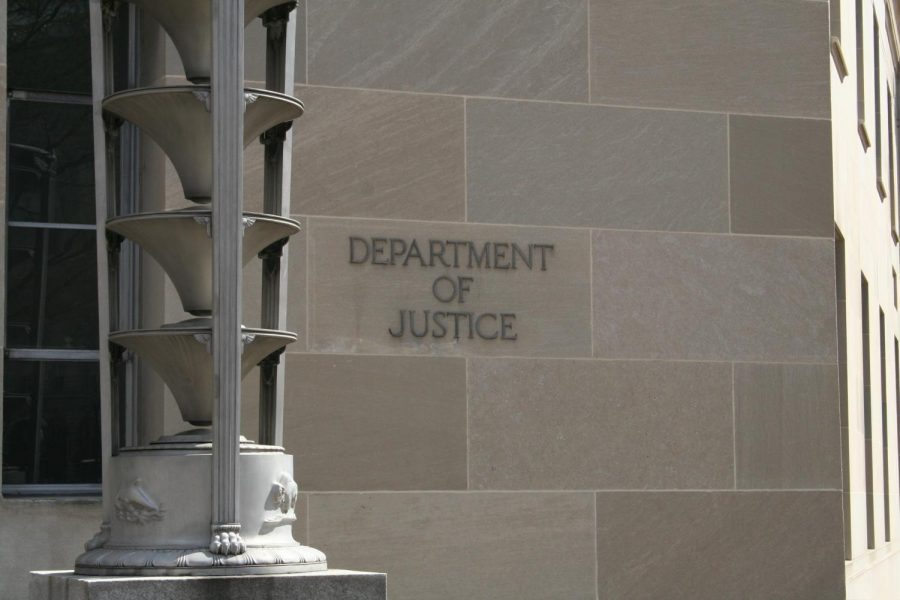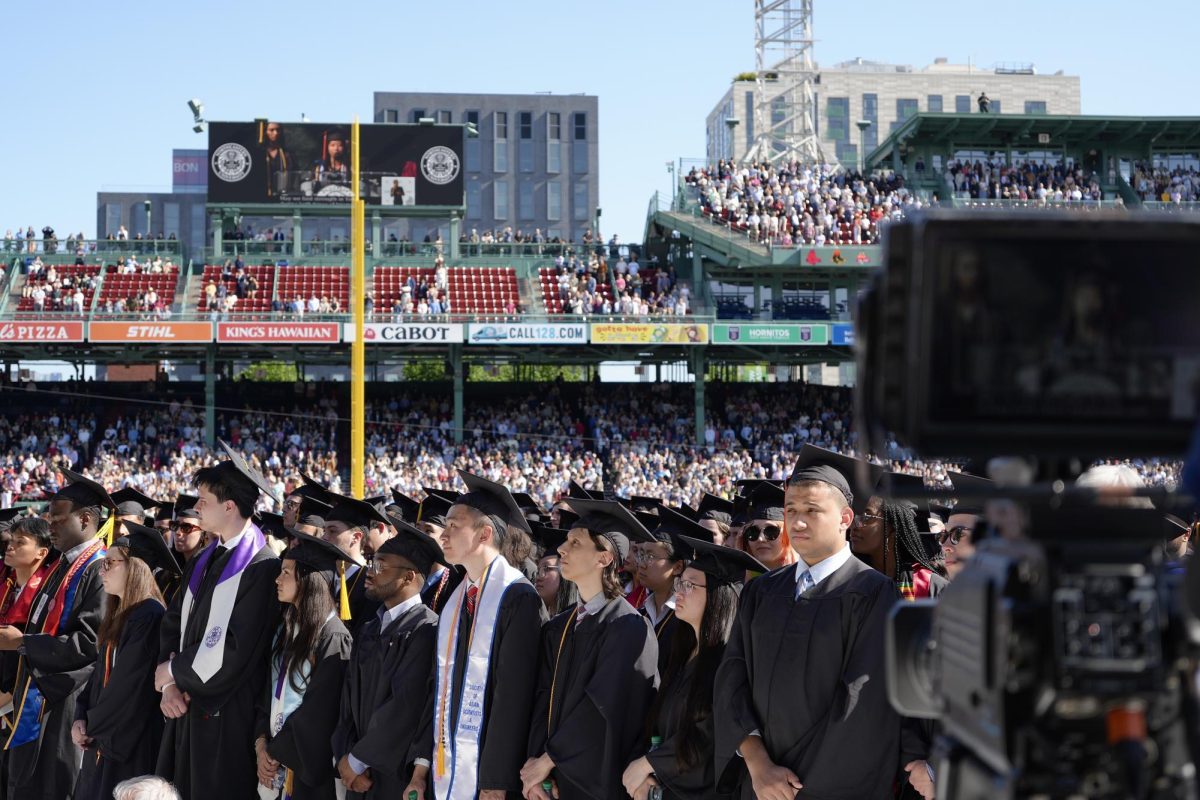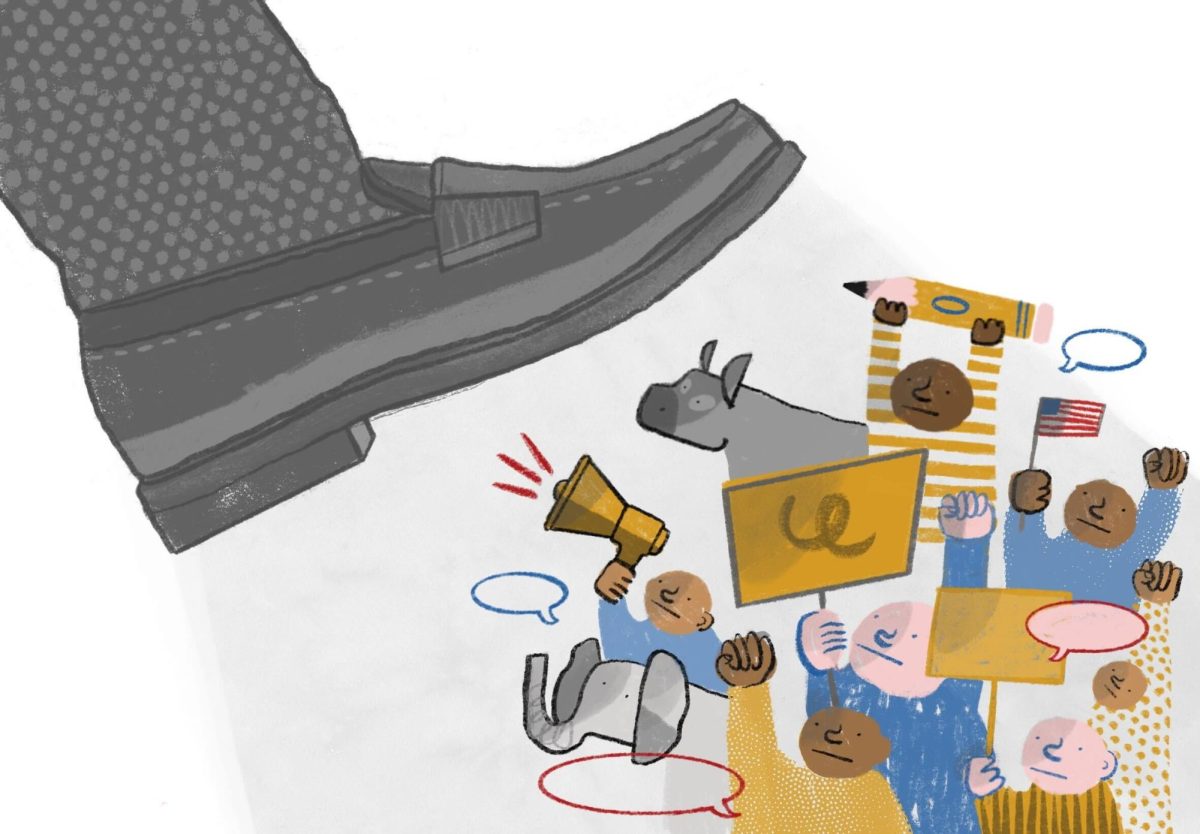By Connie E, editorial columnist
We belong to many different communities throughout our lives, characterized by identities from nationality and religion to family and hometown. But what does it mean to have an identity, and what does it take to define one?
With recent events like Brexit, the election of President Donald J. Trump and the global refugee crisis dominating our headlines, Europe and the United States seem to have fallen back into the swing of right-wing populism. Their citizens are frantically trying to latch onto political ideologies that can guarantee them job security and a terrorist-free society.
What exactly is rolling the wheel of history backward? If one presses for a few “whys,” it isn’t difficult to find a widespread identity crisis at the root of all the symptoms. This isn’t unique to the Western world. When Trump spoke over the phone with the president of Taiwan, the small island nation was brought back under the global spotlight, this time as a challenge to the One China policy, the diplomatic acknowledgement of the position that there is only one Chinese government. If the century-long debate about China’s ownership over Taiwan has proven anything, it would be the role played by identity in influencing political outcomes.
As one of the few Chinese international students majoring in political science, I am frequently asked if Taiwan is part of China. The answer isn’t a simple one. Growing up in the mainland, I always read textbooks saying that Taiwan is an indivisible part of the country. However, that wasn’t the case when I went abroad, learned the less filtered version of history and actually met friends from Taiwan. I noticed that although my Taiwanese friends and I share a similar language, food, traditions and even appearances, they would always introduce themselves distinctively as Taiwanese, not Chinese.
I was both intrigued and conflicted by the differences between my textbooks and observations. It wasn’t until I attended a talk by Shirley Lin, a scholar who studies identity politics, that I realized the different cultural and political environment is what sets Chinese and Taiwanese identities apart. For my Taiwanese friends who grew up under a democratic government, values are based on democracy, rule of law and freedom of speech and assembly.
As someone who has not lived at home consistently for more than four years, I couldn’t help but ask myself what it means to be Chinese. In America, people would say their identity is defined by their race, religion, geography or constitutional rights, but none of them is applicable to my upbringing. So what exactly constitutes Chineseness? Is it the taboo health effects of drinking ice-cold water, or sharing and picking dishes for others on the dinner table? Cultural nuances can only distinguish identity to a certain extent, and it seems that Taiwanese millennials are already a step ahead by growing up in a society that supports freedom of speech and assembly.
Admittedly, there is an increasing gap between the Chinese identity that Beijing promotes and the identity Taiwanese people have come to embrace. If China goes beyond the current economy-focused policies and pushes for socio-political integration or unification, Taiwanese identity may be threatened and become a breeding ground for instability. This is evident in Taiwan’s largest student protest, the Sunflower Movement in 2014. Such political upheaval shares similarities with the Arab Spring, Brexit, the rise of Europe’s far-right parties and protests against Trump here in America.
Group identity is stronger when it’s oppressed because people are more likely to unite around it and make it more powerful. It’s time to look beyond politics and take identity seriously.


